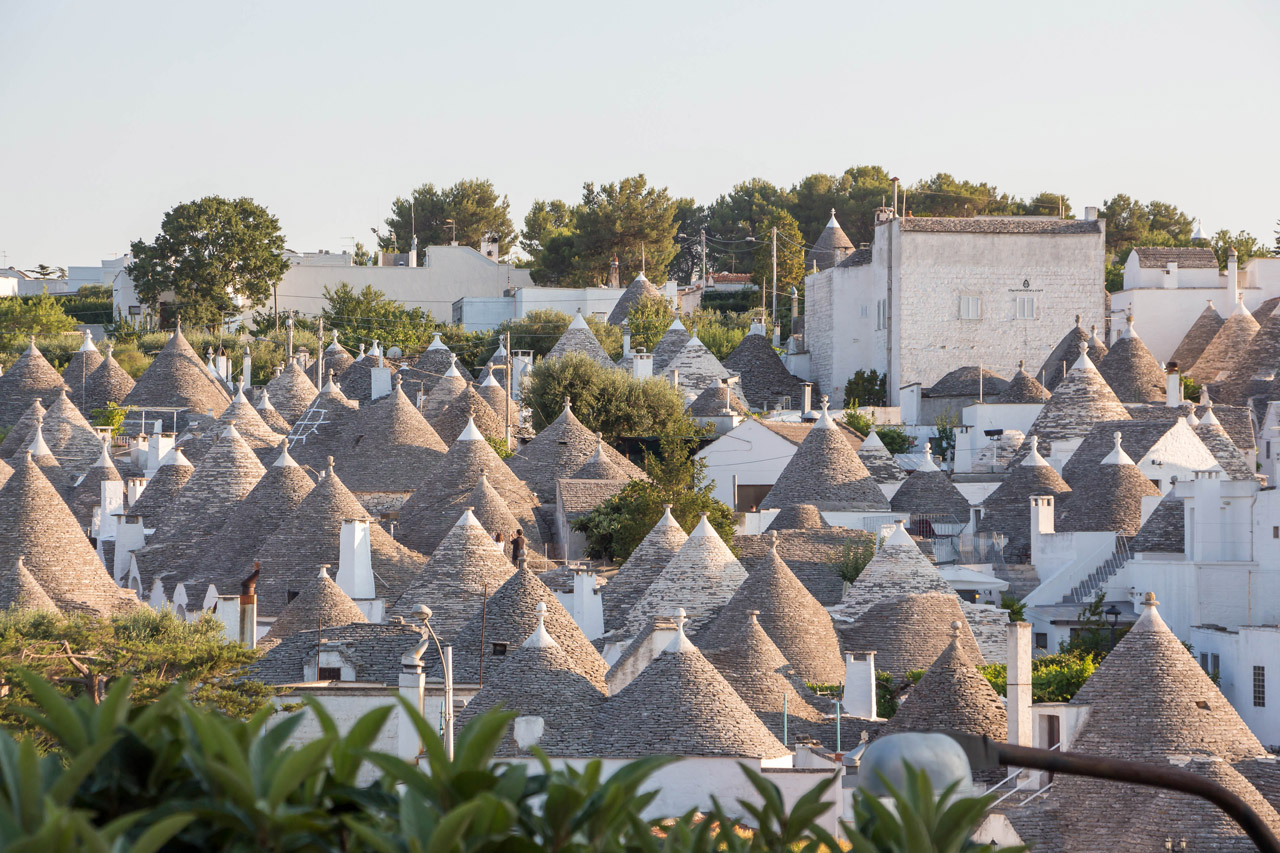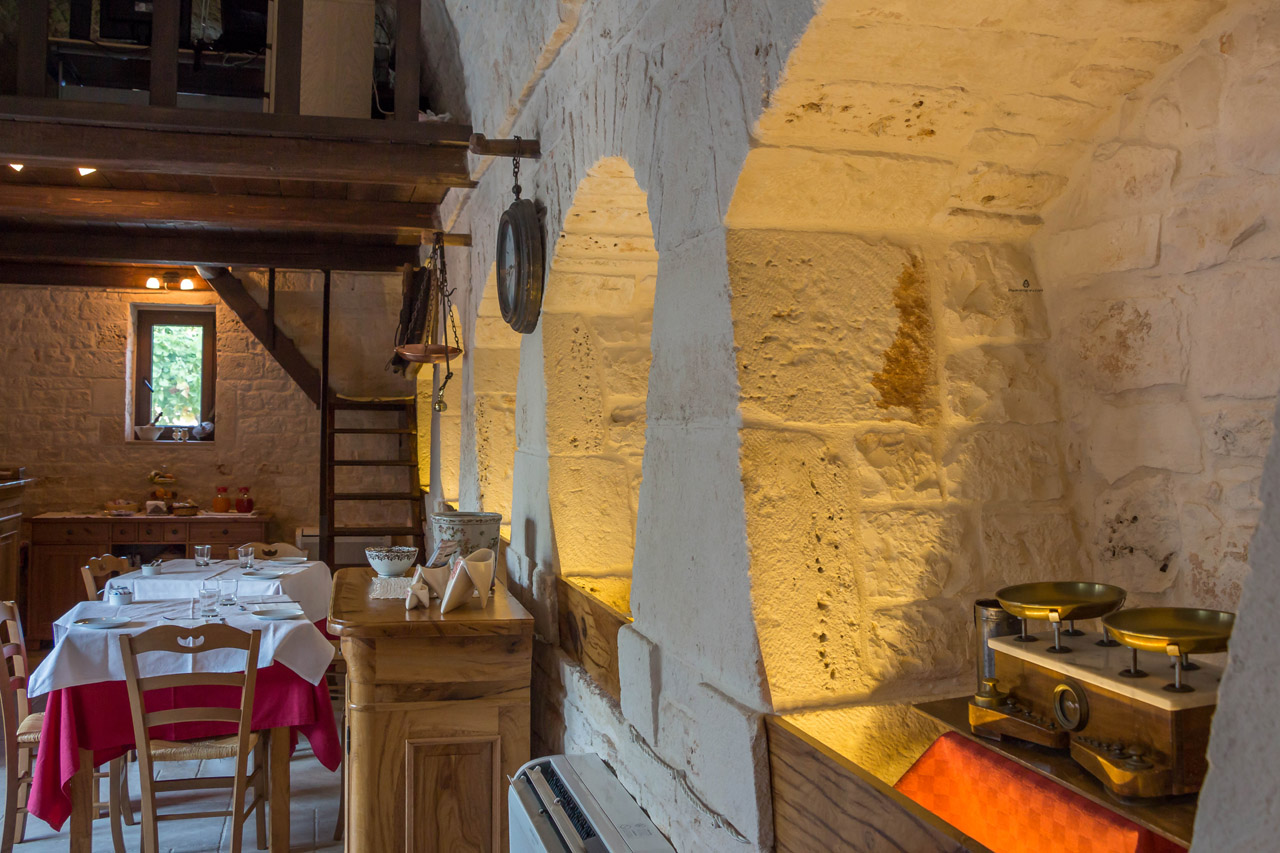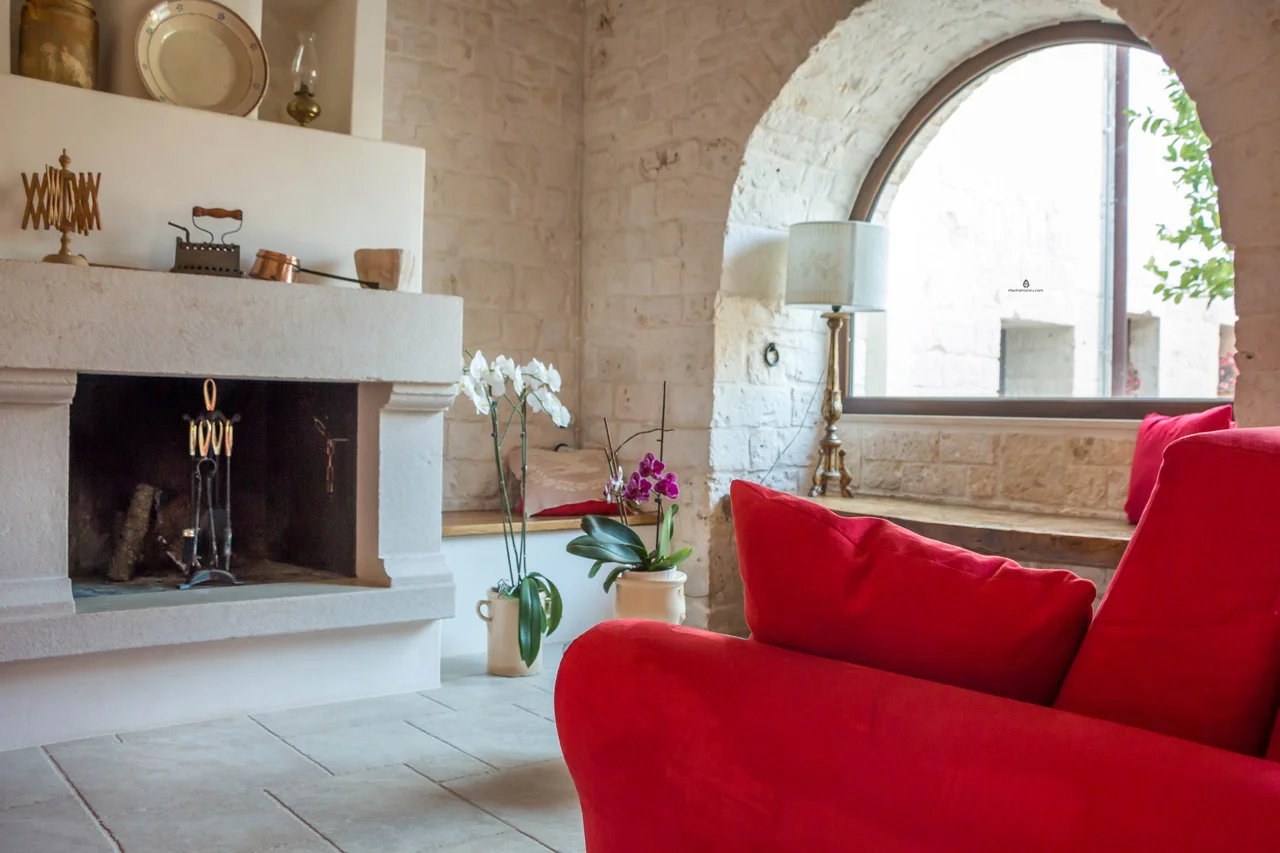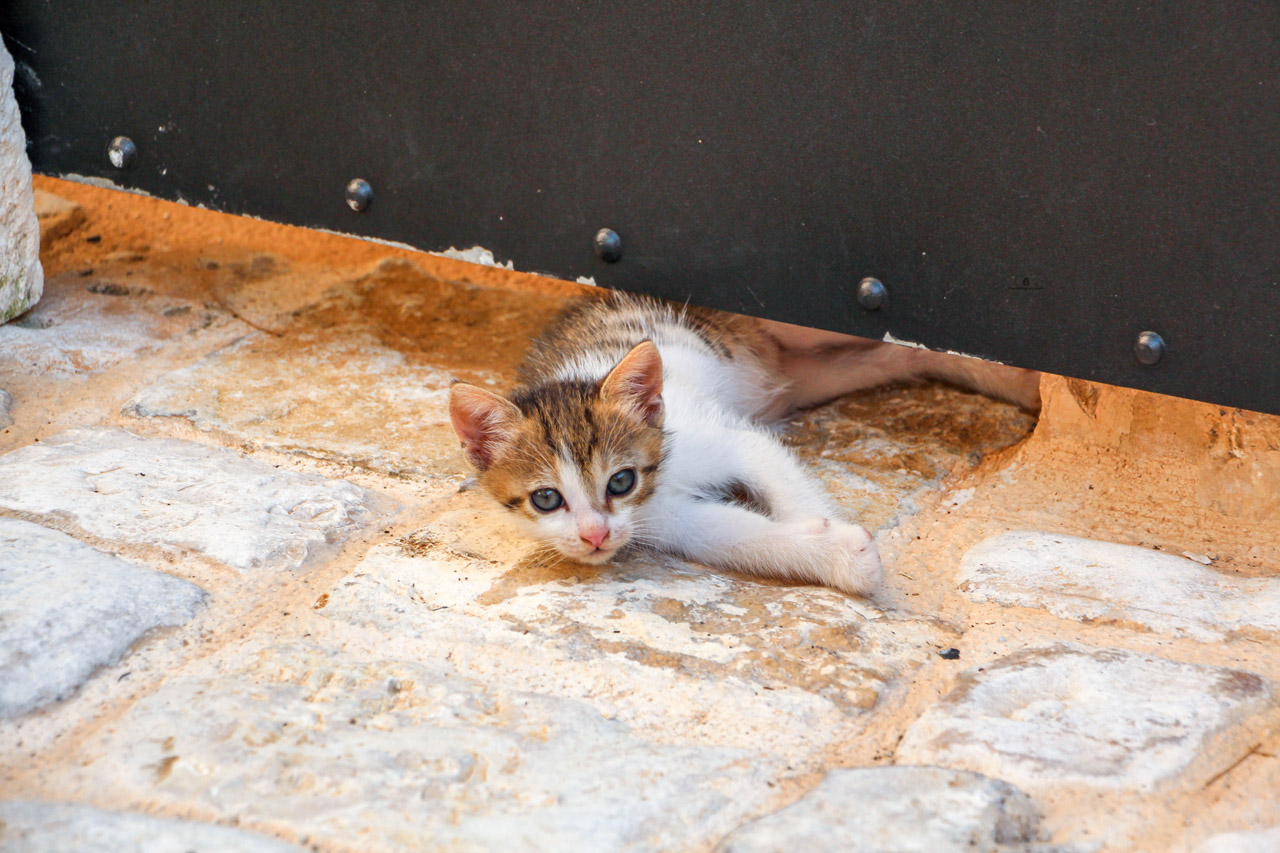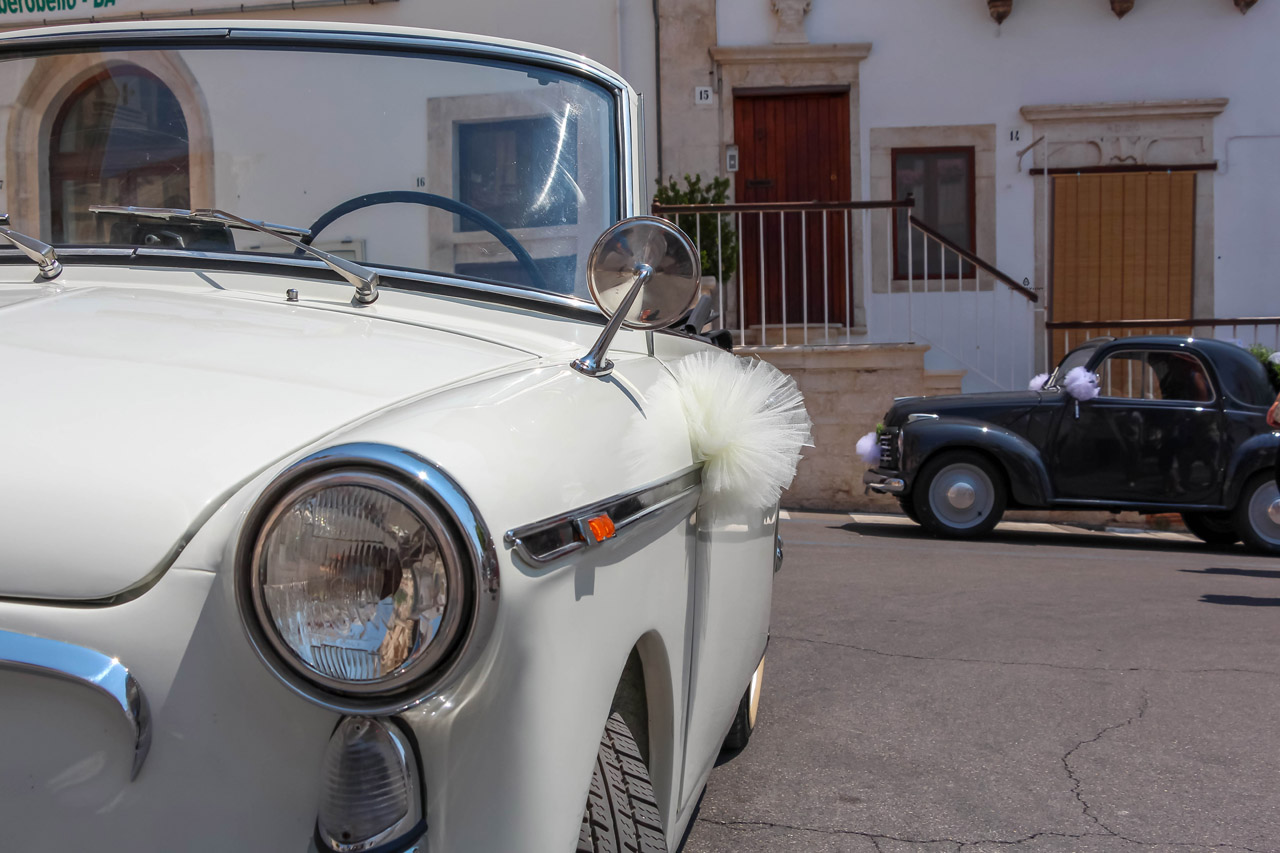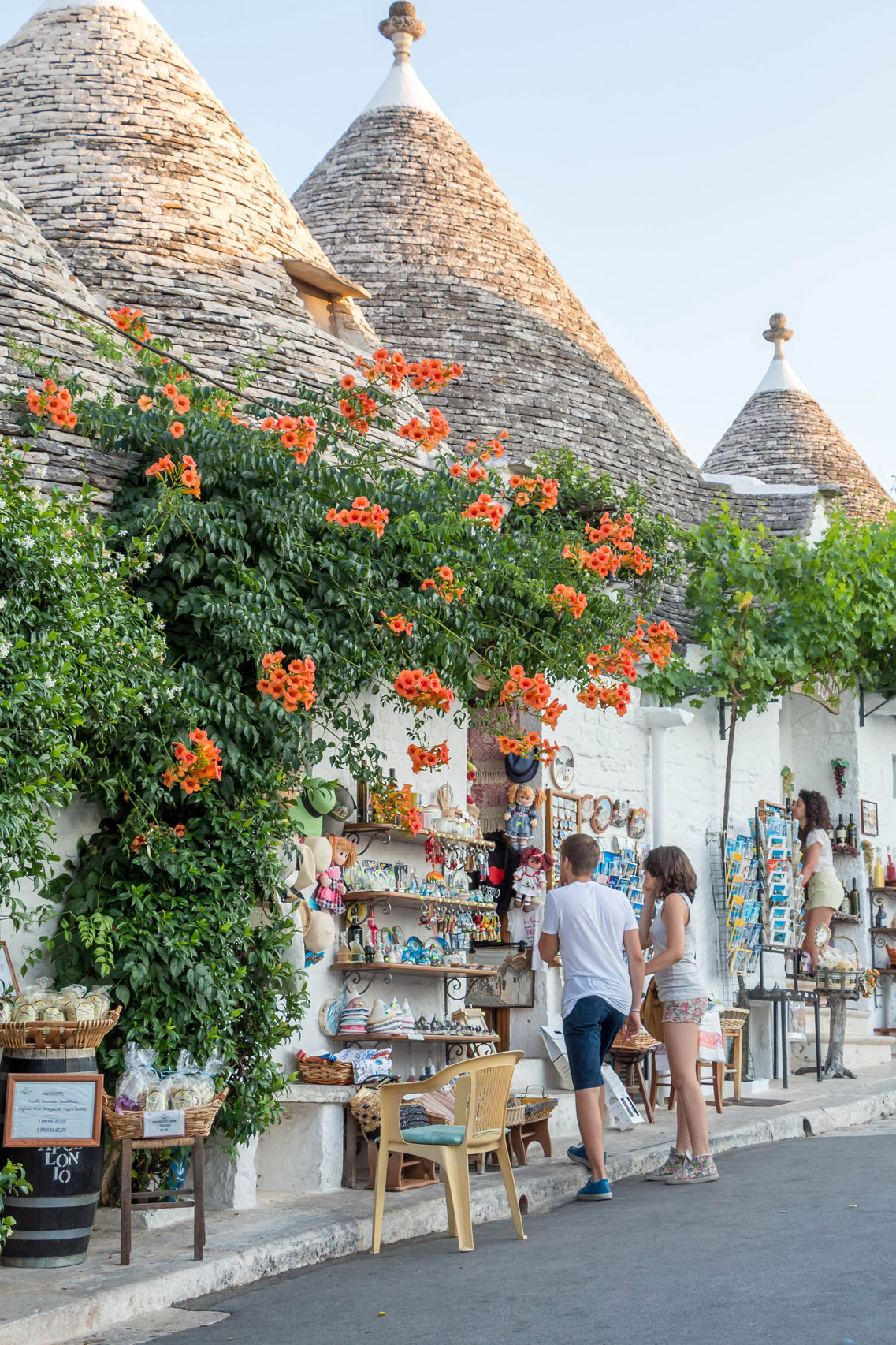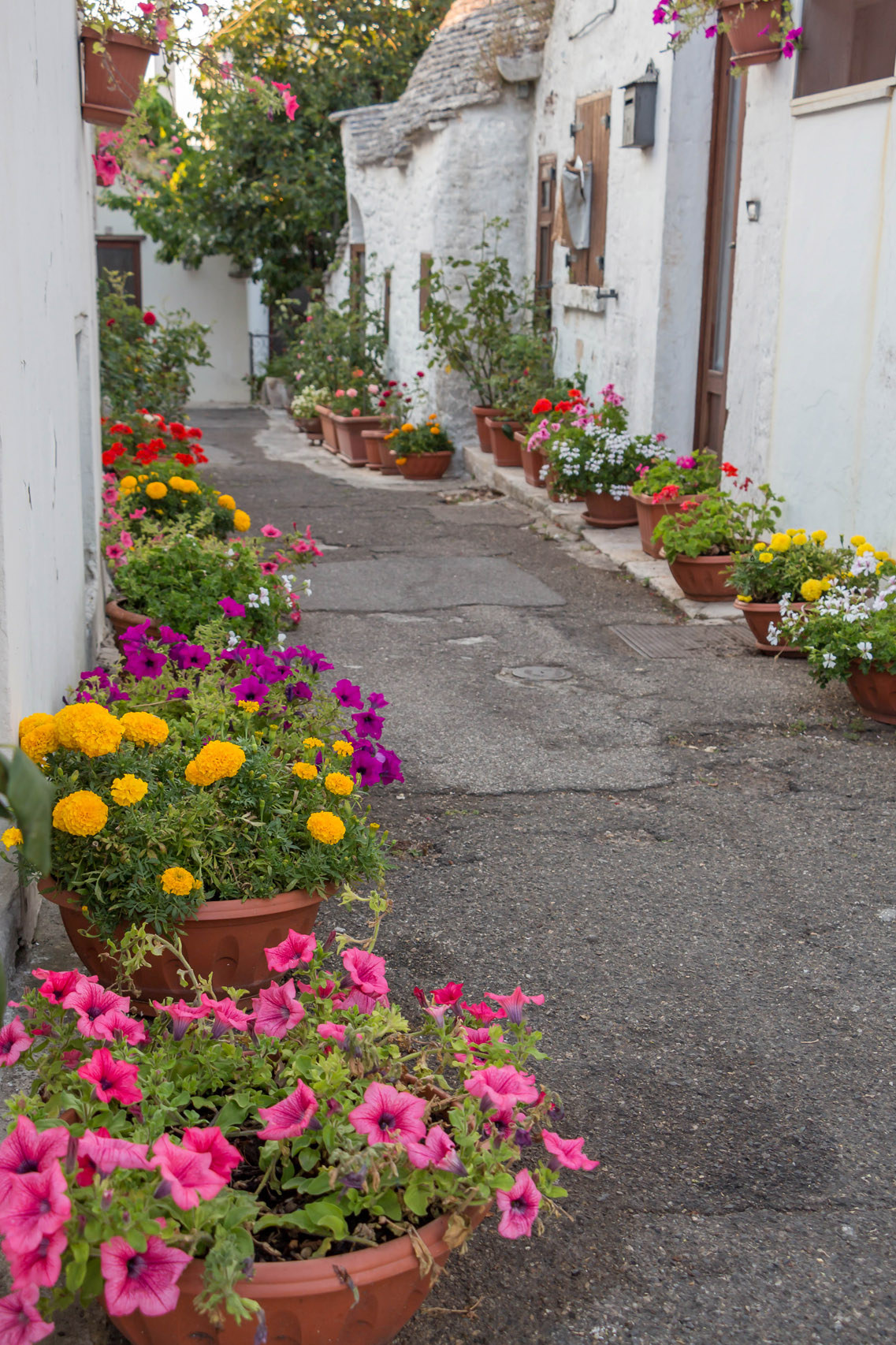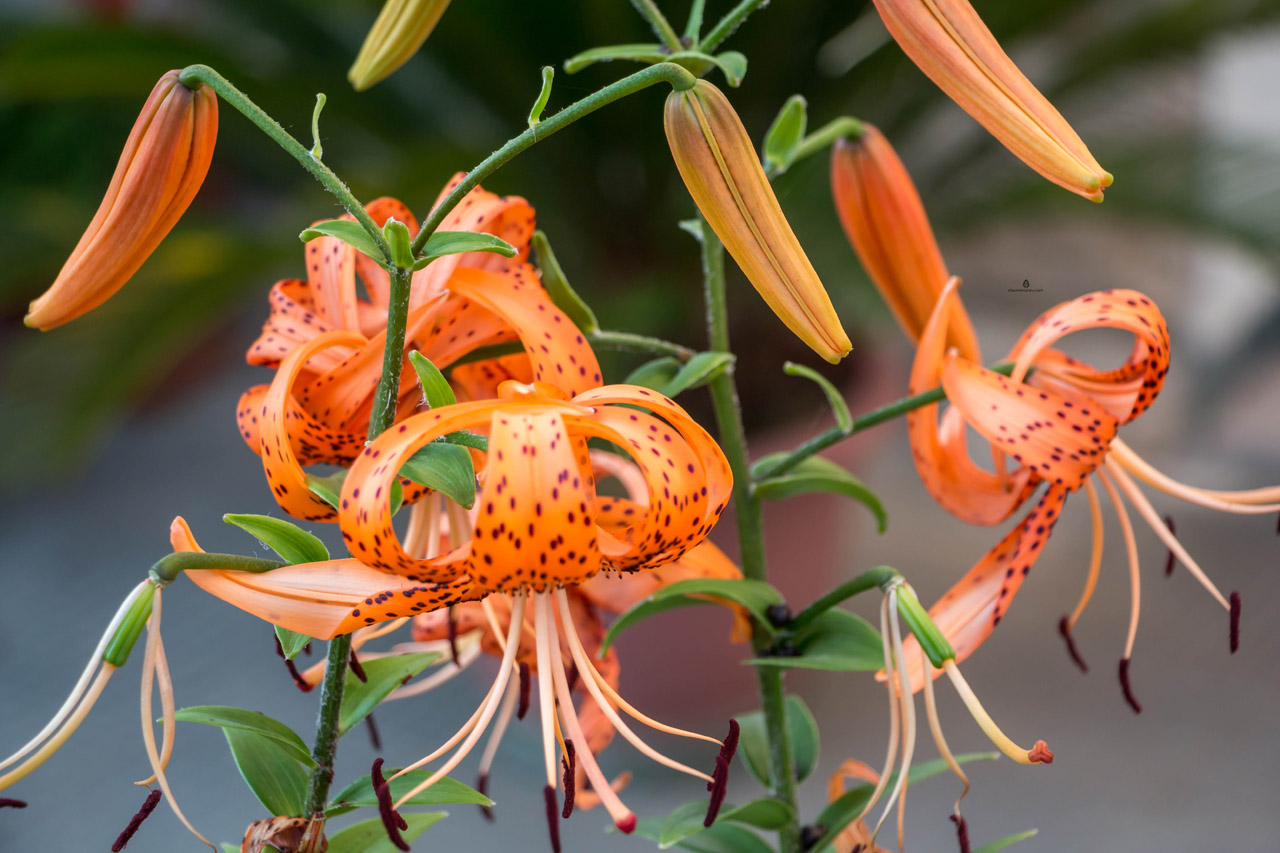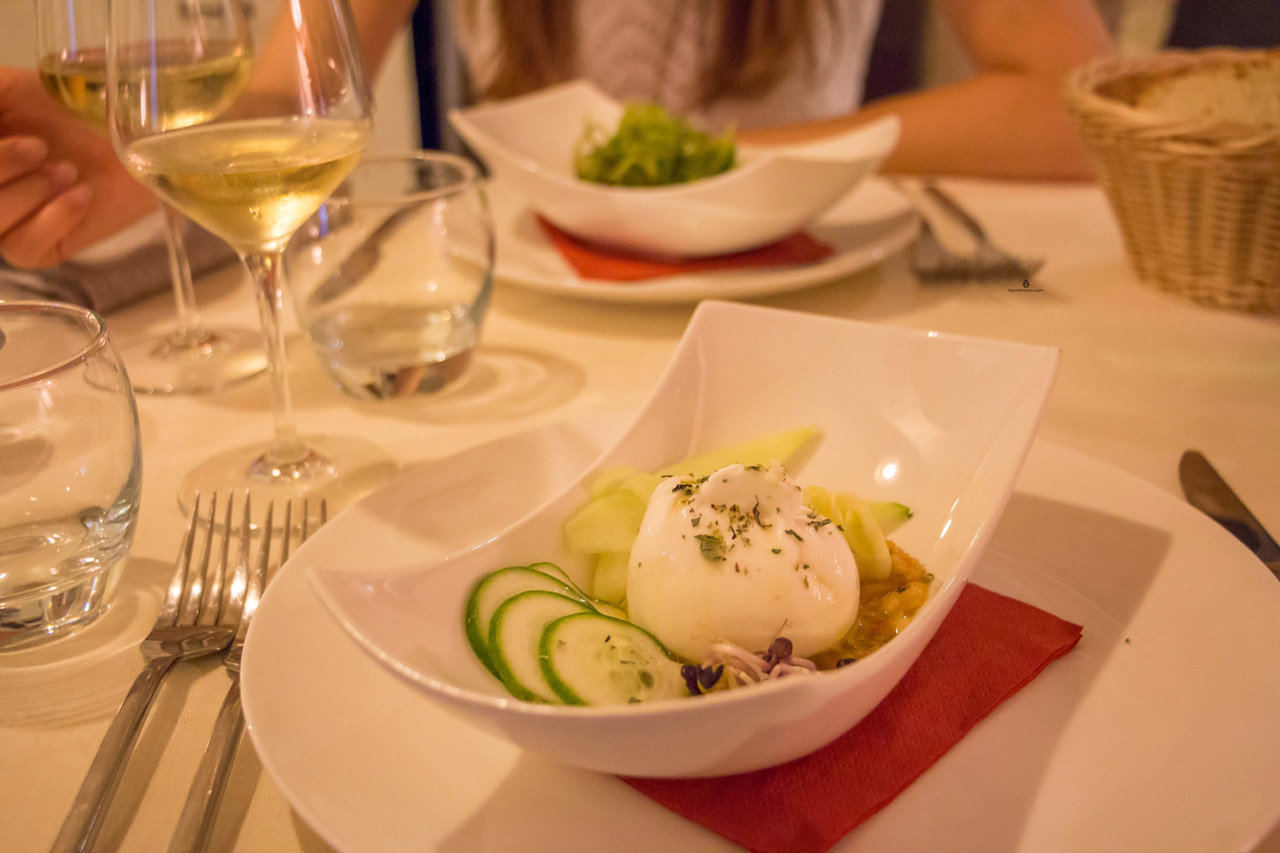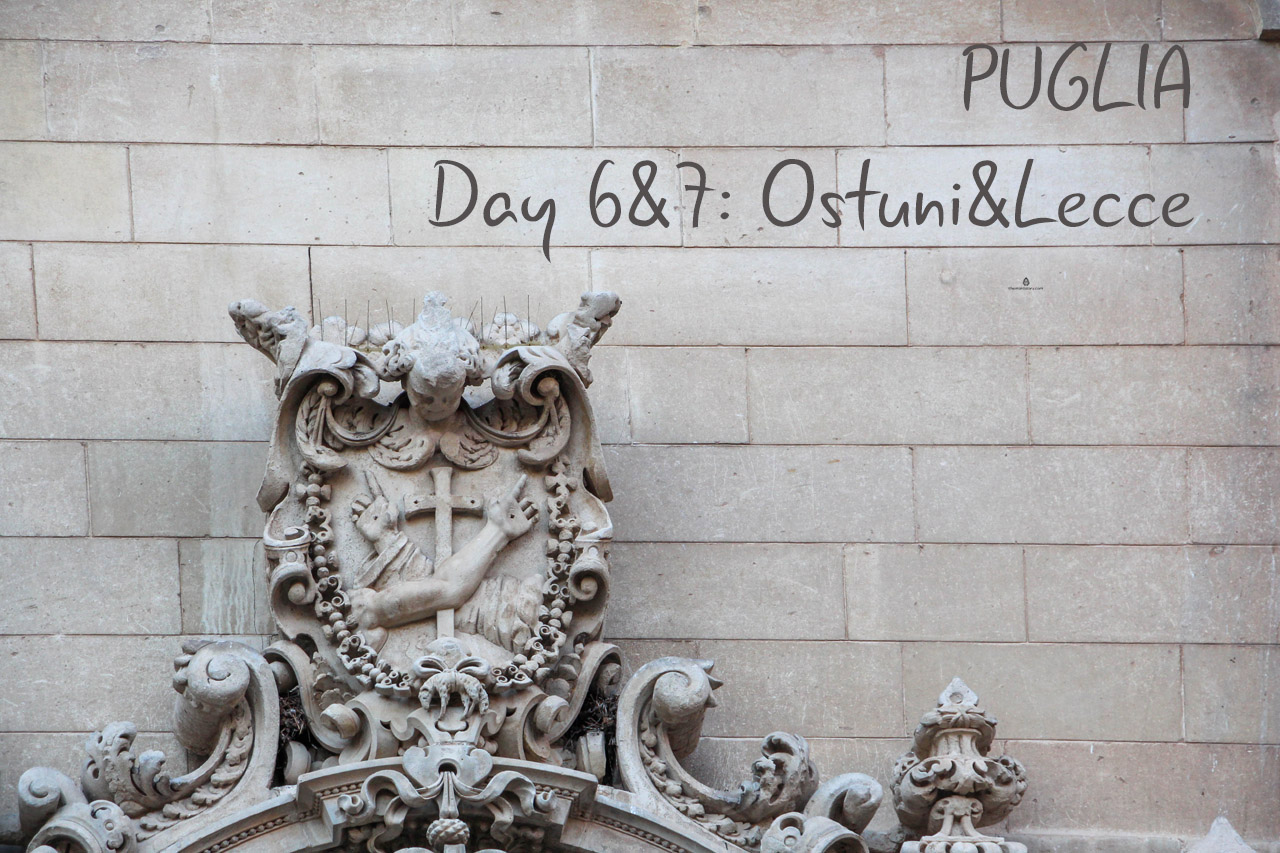Some lovely pictures and memories from Alberobello have been waiting to be shown and told for a while now. It's been a busy summer and I neglected blogging a little, but since it's October already, I have decided to try posting more regularly! :)
In my last two posts I talked about our roadtrip to the beautiful Italian south, the region of Puglia, where we first visited the town of Trani and then the Gargano National park. The road led us further to the countryside, to the magical land of trulli and famous Alberobello.
The trulli are traditional white washed houses with peculiar conical roofs made of limestone. They have been built in a special building technique without using mortar since prehistoric times. For centuries, people have been living in those dwellings, and they still do in this part of Italy. Seeing people actually living there was so interesting that I couldn't resist from peeking through the open doors and tiny windows.
I had high expectations of Alberobello, and thought I might be dissapointed since I was told that it was pretty touristy, but I loved it, and it as charming (if not more!) as I imagined.
We spent a night in a beautifully restored old masseria (main buildings of the former agricultural properties scattered throughout southern Italy). This B&B, La Piccola Corte, was one of the most relaxing places I've been to, as it had a secluded courtyard with a lemon tree, seating area, amazing lighting by night and two lovely cats (a mom with her playful kitten). If I ever go back to Puglia, I would love to spend a few days there, just relaxing and reading hidden in this beautiful courtyard.
The owner of the masseria was very helpful in suggesting us what to see and where to eat. Alberobello is obviously very touristy, but she showed us on the map the residential part of the city, where there are no shops and no crowds, only "the colours white and grey" as she said.
Alberobello is conveniently small, and you can reach all of its highlights in one lovely walk. We headed to see the Trullo Sovrano first, the only two storeyed trullo in Alberobello, dating back to 19th century and obviously built by a wealthy family. It's a museum now, and you can see how people used to live in the trulli. For me, the interesting part was that it had two large kitchens but two tiny bedrooms, despite being owned by a wealthy family. It seems like the kitchens were the heart of the house, the main social area of the family.
There was a wedding going on in a nearby church, Basilica dei SS. Medici, and a couple of men were decorating the cars- the scene was so charming and profoundly Italian, that we had to take some photos!
From Trullo Sovrano we took a walk to the panoramic viewpoint, where a cityscape of cone shaped roofs lighted in afternoon sun opened up before us- we enjoyed the (certainly not everyday) view but also took some photos, like true tourists.
Following our host's advice, we headed to the residential area of the town, located on the left side of the viewpoint. As she said, there were no tourists, shops or restaurants, just the peculiar neighbourhood of trulli. The contrast between tiny houses built in ancient building technique and items of modern day life was especially interesting: here and there trough an open door or window, we'd see a plasma TV in the middle of a small stone vaulted livingroom, or a shower gel on loophole bathroom windows.
The main, touristy trulli area is also charming, regardless of overpopulation of souvenir shops and people wandering everywhere. There are lots of flowers on the streets, colorful ceramics and textile in front of the shops, and a good thing is that by visiting any shop you get to see what the interior of the trullo looks like!
Among souvenir shops one can still find nice local worskhops selling ceramic or traditionally made textile. We found some beautiful art pieces to take home from Alberobello, and although we were flying only with hand luggage, we managed to fit in a beautiful "sea-urchin" lamp (which now shines in thousand dots on the walls of our livingroom), ceramic souvenirs for our family, and two lovely tablecloths with traditional patterns.
We had a tasty dinner at a restuarant called Favola in Tavola (another of our host's good advices). It was a cozy and nicely furnished restaurant which played one of our favorite albums, Eric Clapton's Unplugged- all that accompanied by great food made for a beautiful evening in Alberobello.
We even had some room for dessert in well known gelateria Mille Voglie (visited by Giorgio Locatelli and Andrew Graham Dixon in amazing travel series Italy Unpacked).
This summer there was a Light Festival in Alberobello, dedicated to Vincent van Gogh (as it was 125 year anniversary of his death). The streets, the roofs, and the walls of the houses were lighted by images of Van Gogh's famous works, and it kind of made a magical atmosphere in the city. We enjoyed the walk in blueish light of Van Gogh's works and other light instalations, and few times during the evening the power broke down, so we got to see how Alberobello lighted by the moon looked like.
Alberobello is one of those rare places that regardless of their popularity among tourists from around the world and the side effects that popularity brings, still is beautiful, charming and beyond any doubt, worth visiting.
Pin this article for later!


